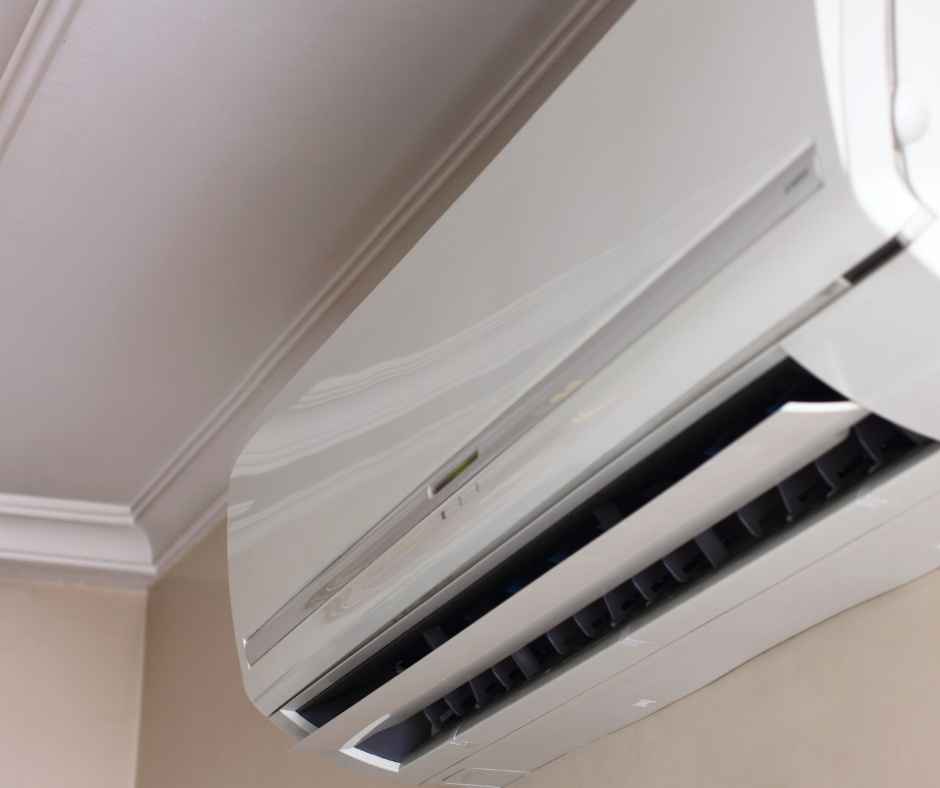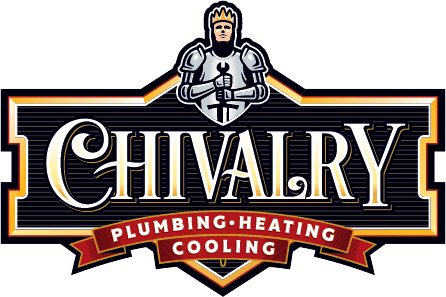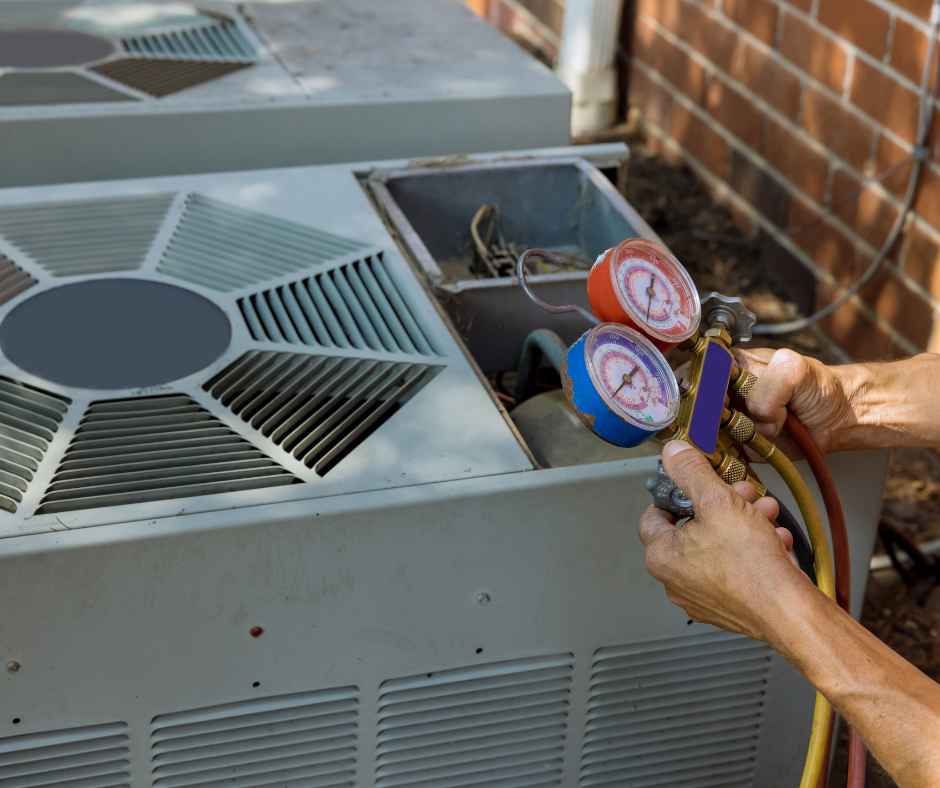
Why Is My AC Leaking Water?
It’s never a good sign when you spot a puddle of water under your air conditioner. While it may look like a minor issue, an AC leaking water can point to bigger problems within your system. Many homeowners think it’s just condensation or something that will resolve on its own. But left unchecked, a leaking air conditioner can lead to serious damage like mold growth, ruined drywall, and system breakdowns.
Understanding what’s behind this issue is the first step to avoiding costly repairs and keeping your home comfortable. In this blog, we’ll walk you through the common causes of AC leaks, how to spot warning signs early, and what you can do to fix or prevent the problem.
Why a Leaking AC Is More Than Just a Mess
When your air conditioner starts leaking water, it’s more than just an inconvenience—it’s a red flag that something isn’t working as it should. Your AC system is designed to remove humidity from the air, and part of that process involves collecting and draining condensation safely. But when that drainage is blocked, misaligned, or overwhelmed, the water ends up in places it shouldn’t be—like your floors, walls, or ceiling.
This problem is especially common during peak cooling seasons when your AC is working hard and producing more moisture. Ignoring the leak can lead to water damage, mold, and even costly HVAC repairs. The good news? If you know what to look for and how to act fast, you can protect both your comfort and your home.
Signs Your AC Might Be Leaking Water
Catching a leak early can make all the difference between a quick fix and expensive water damage. By knowing what symptoms to look for and understanding the reasons behind them, you can take action before the problem gets worse.
Common Signs
Be on the lookout for these warning signs that your air conditioner may be leaking water:
- Water pooling around the indoor unit – A clear puddle of water near your air handler is the most obvious sign something’s wrong.
- Musty or damp odors – Mold and mildew can grow when moisture collects in and around your unit.
- Increased humidity indoors – If your AC isn’t draining properly, it may struggle to manage indoor humidity levels.
- Stains or discoloration on walls or ceilings – Water leaking behind walls or above ceilings often leaves unsightly marks or bubbling paint.
- Reduced cooling performance – Leaks can be connected to deeper issues, like frozen coils, that affect how well your AC cools.
Causes of a Leaking AC
Several issues can cause an AC to leak water. Some are simple to fix, while others require professional repair:
- Clogged condensate drain line – Dust, dirt, or algae can clog the drain line, causing water to back up and overflow.
- Frozen evaporator coils – If airflow is restricted, coils can freeze—and when they melt, water may leak out rapidly.
- Dirty air filter – A clogged filter reduces airflow, which can lead to freezing coils and condensation issues.
- Low refrigerant levels – Low refrigerant can cause pressure drops, leading to coil freezing and excess moisture.
- Faulty condensate pump – If your AC uses a pump to move water, a breakdown can cause leaks.
- Improper installation – An incorrectly installed AC unit might not drain properly if it’s not level or the drain pan isn’t aligned.
How to Stop an AC Leak Before It Gets Worse
If your AC is leaking water, don’t panic—there are steps you can take right away to prevent further damage. Whether it’s a simple maintenance fix or a sign of something more serious, acting quickly can help you stay cool and protect your home.
DIY Solutions
Some AC leaks are caused by easy-to-fix problems. Here are a few things you can check and try on your own:
- Change your air filter – A dirty air filter can restrict airflow and cause coils to freeze. Replace it monthly during peak usage.
- Inspect and clear the drain line – Locate the drain line and flush it with a mix of vinegar and water to clear clogs caused by algae or debris.
- Look for ice buildup – If your evaporator coils are frozen, turn the unit off and let it thaw. This may take several hours, but it can stop water overflow once melted.
- Check your thermostat settings – Make sure the temperature isn’t set too low, as short-cycling can lead to excess condensation.
When to Call a Professional
Some problems go beyond a quick DIY fix and need a licensed technician to resolve properly:
- If leaking continues after basic maintenance – Persistent leaks usually mean a deeper mechanical or drainage issue.
- Frozen coils or low refrigerant – These are signs of pressure or airflow issues best diagnosed by a professional.
- A malfunctioning condensate pump – If your system relies on a pump and it’s not removing water, it likely needs repair or replacement.
- Water damage or mold signs – If you notice moldy smells, stained drywall, or other damage, call in the experts right away to assess both the HVAC and home impacts.
- Uncertain cause – When in doubt, a professional inspection can pinpoint the issue and prevent further complications.
How to Prevent AC Leaks From Happening Again
Preventing your air conditioner from leaking in the future comes down to regular care and keeping an eye on the little things. These simple habits can go a long way toward protecting your HVAC system and your home from unexpected water damage.
- Change your air filter regularly – Clean filters improve airflow and help prevent frozen coils—replace them every 1–3 months.
- Flush the condensate line – Clear out algae and debris with a vinegar solution at least once a season to keep the line flowing freely.
- Schedule seasonal maintenance – Have your HVAC system inspected by a professional in the spring and fall to catch issues before they turn into leaks.
- Keep the area around the unit clean – Dust and debris can clog the system’s drain lines and vents. Regularly vacuum or wipe down the area.
- Ensure your unit is level – If your AC isn’t sitting flat, water may not drain properly from the pan. Have an installer adjust the base if needed.
- Watch for early signs of trouble – Keep an eye out for musty smells, drips, or excess humidity so you can act before things get worse.
Wrap-Up: Don’t Let a Leak Lead to Bigger Problems
A leaking air conditioner may start with a small puddle, but it can quickly turn into a bigger headache if left unresolved. From clogged drain lines to frozen coils, there are several reasons your AC might be dripping water—and all of them deserve your attention. Knowing the signs and taking preventative steps can save you money, stress, and time down the line.
If you’ve noticed water around your AC unit or any of the signs we covered, don’t wait for the problem to get worse. Contact Chivalry Plumbing, Heating & Cooling today for trusted air conditioning repairs and maintenance that put your comfort and home first.
Recent News
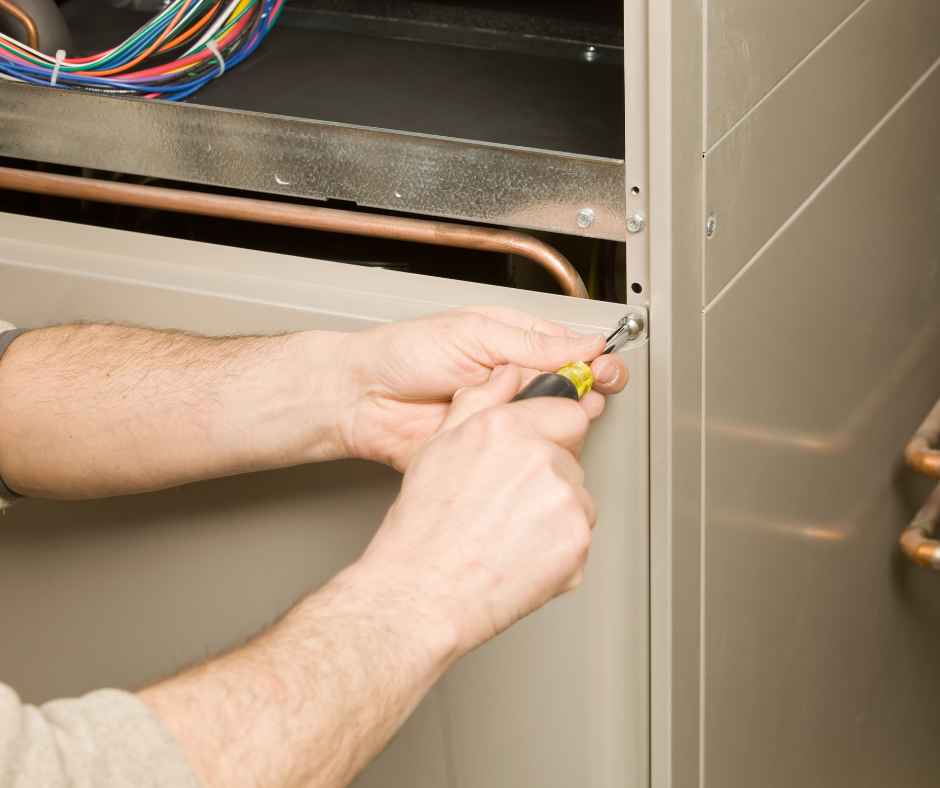
How to Lower Heating Bills During a Long Island Winter Without Losing Comfort
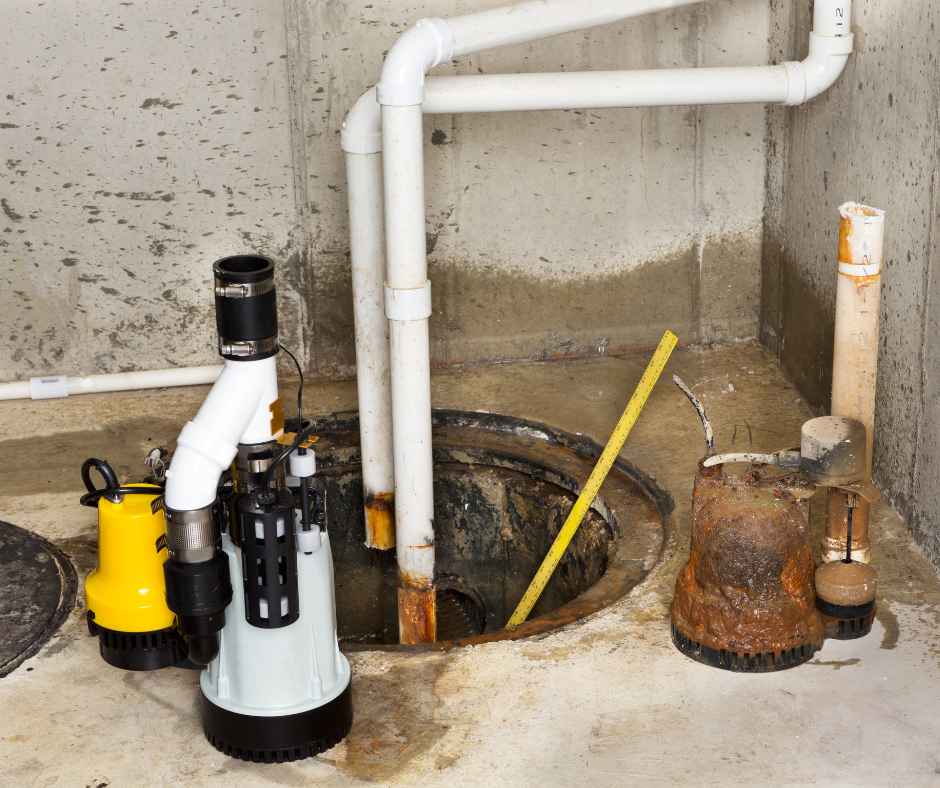
Smart Plumbing Upgrades That Save You Money in New York

Freeze & Burst Protection in Massapequa: How to Safeguard Pipes Before Winter
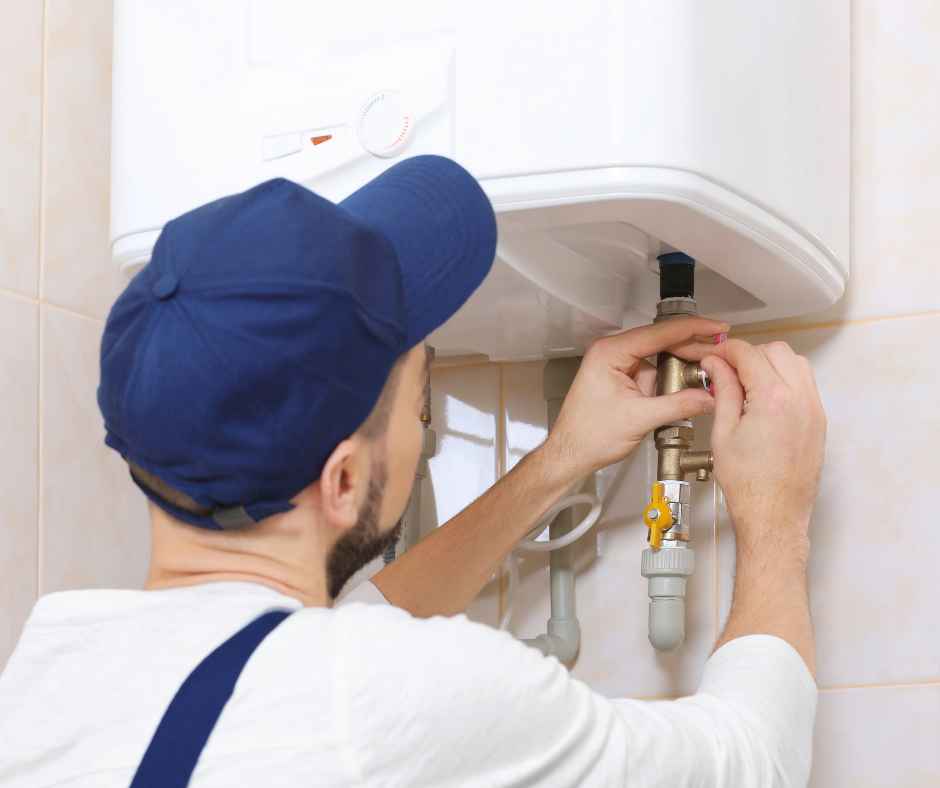
Massapequa Home Plumbing Audit: 20-Point Checklist
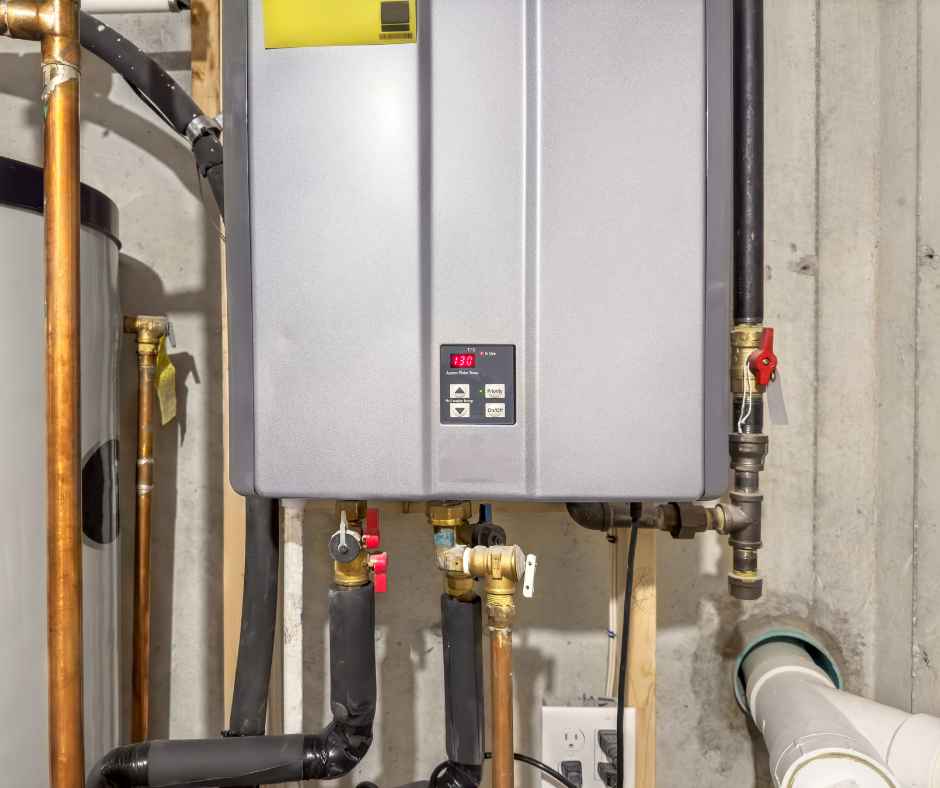
Tankless vs. Traditional Water Heaters: An Unbiased Cost-Benefit Analysis
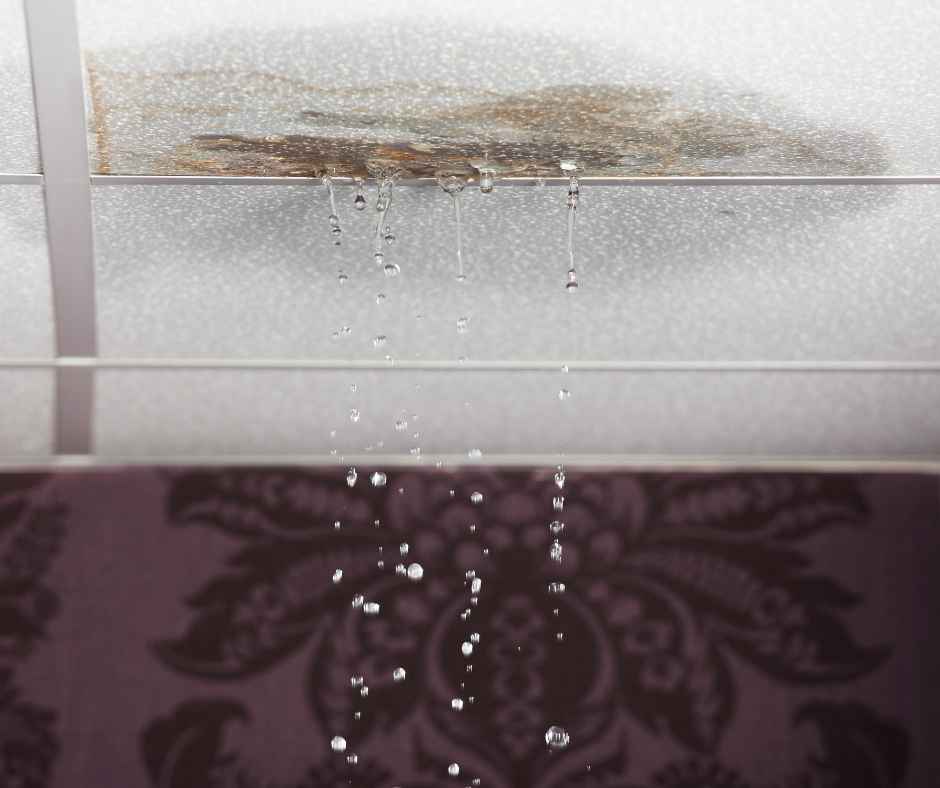
7 Early Warning Signs of a Hidden Leak (and How to Fix Them Fast)
